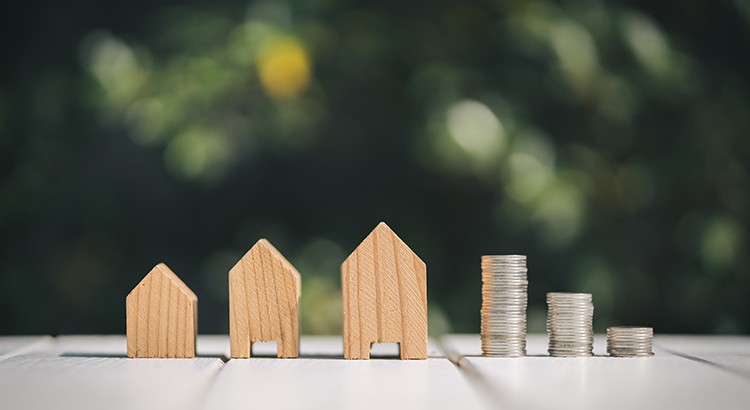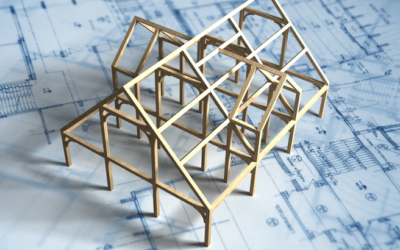
“Though the price of homes may still be rising, the cost of purchasing a home is actually falling.”
The gap between the increase in personal income and residential real estate prices has been used to defend the concept that we are experiencing an affordability crisis in housing today.
It is true that home prices and wages are two key elements in any affordability equation. There is, however, an extremely important third component to that equation: mortgage interest rates.
Mortgage interest rates have fallen by more than a full percentage point from this time last year. Today’s rate is 3.75%; it was 4.86% at this time last year. This has dramatically increased a purchaser’s ability to afford a home.
Here are three reports validating that purchasing a home is in fact more affordable today than it was a year ago:
CoreLogic’s Typical Mortgage Payment
“Falling mortgage rates and slower home-price growth mean that many buyers this year are committing to lower mortgage payments than they would have faced for the same home last year. After rising at a double-digit annual pace in 2018, the principal-and-interest payment on the nation’s median-priced home – what we call the “typical mortgage payment”– fell year-over-year again.”
The National Association of Realtors’ Affordability Index
“At the national level, housing affordability is up from last month and up from a year ago…All four regions saw an increase in affordability from a year ago…Payment as a percentage of income was down from a year ago.”
First American’s Real House Price Index (RHPI)
“In 2019, the dynamic duo of lower mortgage rates and rising incomes overcame the negative impact of rising house price appreciation on affordability. Indeed, affordability reached its highest point since January 2018. Focusing on nominal house price changes alone as an indication of changing affordability, or even the relationship between nominal house price growth and income growth, overlooks what matters more to potential buyers – surging house-buying power driven by the dynamic duo of mortgage rates and income growth. And, we all know from experience, you buy what you can afford to pay per month.”
Bottom Line
Though the price of homes may still be rising, the cost of purchasing a home is actually falling. If you’re thinking of buying your first home or moving up to your dream home, let’s connect so you can better understand the difference between the two.
To view original article, visit Keeping Current Matters.
Are You Saving Up to Buy a Home? Your Tax Refund Can Help
If you’re getting a tax refund this year, you can use it to help you pay for some of the upfront costs that come with buying a home.
The Truth About Newly Built Homes and Today’s Market
Like anything else in real estate, the level of supply and demand will vary by market; some markets have more, some less.
4 Ways to Make an Offer That Stands Out This Spring
If you’re serious about landing a home you’ll love, you need a smart strategy that includes a working with a great agent.
House Hunting Just Got Easier – Here’s Why
Over the past few months, the number of new listings, or homes that have recently been put on the market for sale, has been steadily rising.
Why You Don’t Want To Skip Your Home Inspection
Skipping a home inspection is a risk that could cost you a lot more than just time.
The #1 Thing Sellers Need To Know About Their Asking Price
A great agent will use real data and market trends to make sure your house is priced based on what your specific home is valued at today







.jpg )
